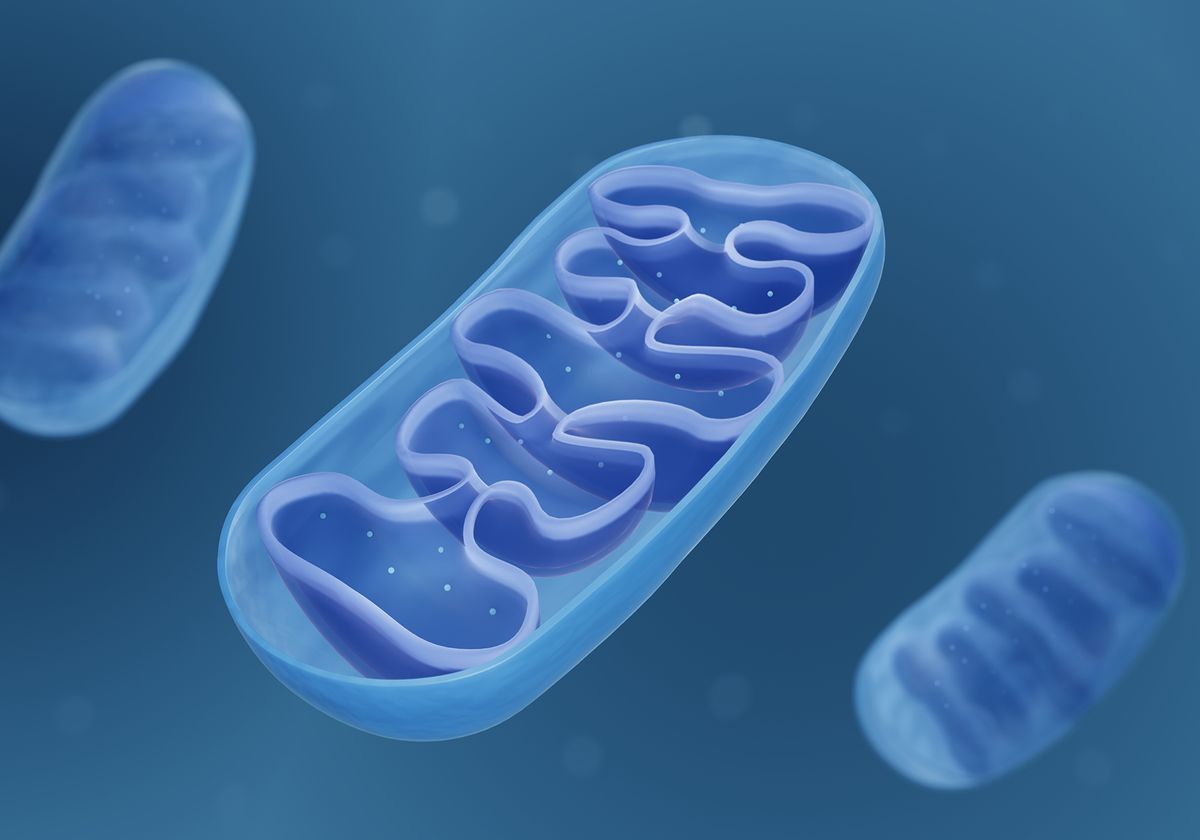
Mitochondria, often hailed as the powerhouse of cells, play a pivotal role in keeping us energized and alive. These tiny organelles are not just about energy; their functions extend far beyond. From regulating cell death to controlling the cell's metabolic activity, mitochondria are crucial for our survival. In this engaging overview, we'll unveil 15 fascinating facts about what mitochondria do, shedding light on their complex roles within our bodies. Whether you're a curious student or simply eager to learn more about the microscopic wonders inside you, these insights will illuminate the importance of mitochondria in ways you might not have imagined. Get ready to be amazed by the versatility and vitality of these cellular powerhouses.
What is the Mitochondria?
Mitochondria are often called the powerhouses of the cell. They play a crucial role in energy production and many other cellular processes. Here are some fascinating facts about what mitochondria do.
-
Energy Production: Mitochondria generate most of the cell's supply of adenosine triphosphate (ATP), which cells use as a source of chemical energy.
-
Cellular Respiration: They are the site of cellular respiration, a process that converts oxygen and nutrients into ATP, releasing waste products like carbon dioxide and water.
Mitochondria and Genetics
Mitochondria have their own DNA, separate from the cell's nuclear DNA. This unique feature has several implications.
-
Maternal Inheritance: Mitochondrial DNA is inherited exclusively from the mother, making it a useful tool for tracing maternal lineage.
-
Mitochondrial Diseases: Mutations in mitochondrial DNA can lead to a variety of genetic disorders, often affecting energy-intensive organs like the brain and muscles.
Role in Cell Death
Mitochondria are also involved in regulating cell death, a process known as apoptosis.
-
Apoptosis Regulation: They release proteins that trigger apoptosis, helping to remove damaged or unnecessary cells.
-
Cancer Connection: Dysfunctional mitochondria can contribute to the development of cancer by failing to initiate apoptosis in damaged cells.
Mitochondria and Metabolism
Beyond energy production, mitochondria are involved in various metabolic processes.
-
Metabolic Pathways: They play a role in the metabolism of fats, proteins, and carbohydrates, converting these macromolecules into usable energy.
-
Heat Production: In brown fat cells, mitochondria generate heat through a process called thermogenesis, helping to maintain body temperature.
Mitochondrial Dynamics
Mitochondria are dynamic structures that constantly change shape and size.
-
Fission and Fusion: They undergo fission (splitting) and fusion (joining), processes that help maintain mitochondrial function and distribution within the cell.
-
Quality Control: These dynamics are part of a quality control system that removes damaged mitochondria, ensuring cellular health.
Mitochondria in Aging
Mitochondria are thought to play a role in the aging process.
-
Oxidative Stress: They produce reactive oxygen species (ROS) as a byproduct of ATP production, which can damage cellular components and contribute to aging.
-
Mitochondrial Theory of Aging: This theory suggests that accumulated mitochondrial damage over time leads to the decline in cellular function associated with aging.
Mitochondria and Exercise
Exercise has a significant impact on mitochondrial function and health.
-
Mitochondrial Biogenesis: Physical activity stimulates the production of new mitochondria, improving cellular energy capacity and endurance.
-
Enhanced Function: Regular exercise enhances mitochondrial efficiency, reducing the production of harmful ROS and improving overall cellular health.
Mitochondria and Immunity
Mitochondria also play a role in the immune response.
- Immune Signaling: They are involved in signaling pathways that activate the immune system, helping the body respond to infections and other threats.
A Final Glimpse into the Powerhouse of the Cell
Mitochondria, often hailed as the powerhouse of cells, play a pivotal role in generating the energy that fuels various cellular activities. Through a process known as cellular respiration, these organelles convert oxygen and nutrients into adenosine triphosphate (ATP), the energy currency of the cell. Beyond energy production, mitochondria are involved in other critical processes, including cell signaling, cellular differentiation, and the control of the cell cycle and cell growth. Interestingly, they also have their own DNA, which supports the theory that mitochondria were once independent bacteria. This unique characteristic contributes to the inheritance patterns of certain diseases. Understanding the multifaceted roles of mitochondria sheds light on their importance in maintaining cellular health and function. Their significance extends beyond mere energy production, highlighting their contribution to life's fundamental processes.
Was this page helpful?
Our commitment to delivering trustworthy and engaging content is at the heart of what we do. Each fact on our site is contributed by real users like you, bringing a wealth of diverse insights and information. To ensure the highest standards of accuracy and reliability, our dedicated editors meticulously review each submission. This process guarantees that the facts we share are not only fascinating but also credible. Trust in our commitment to quality and authenticity as you explore and learn with us.


